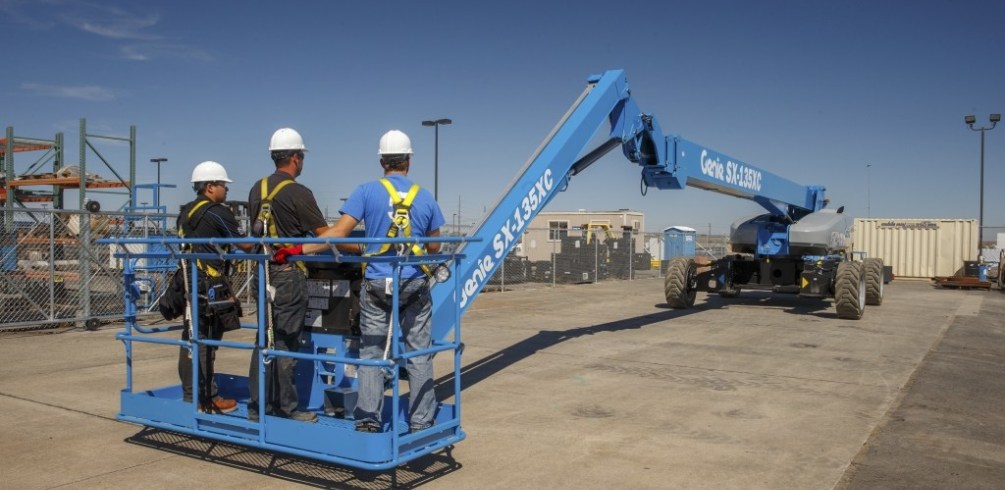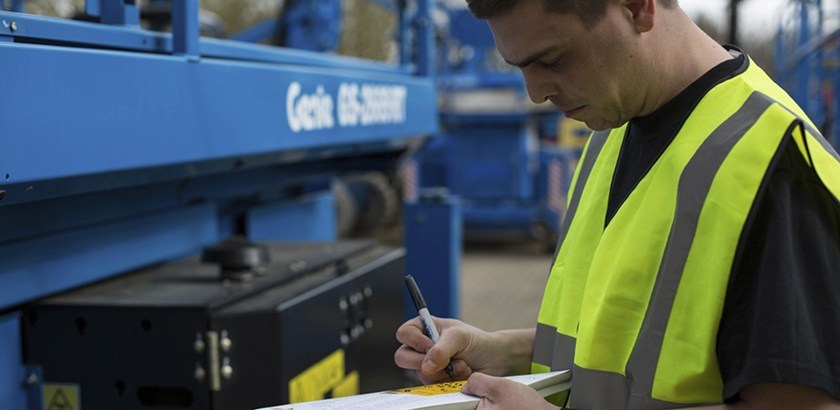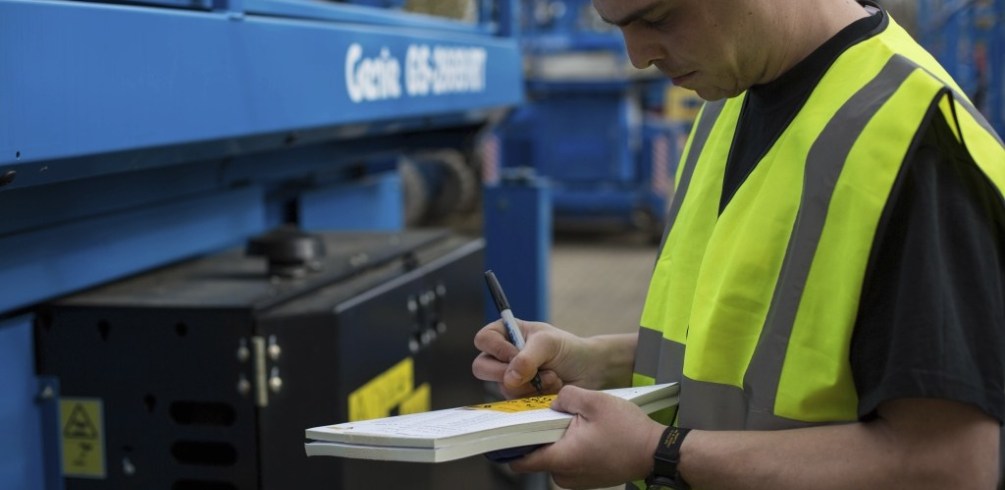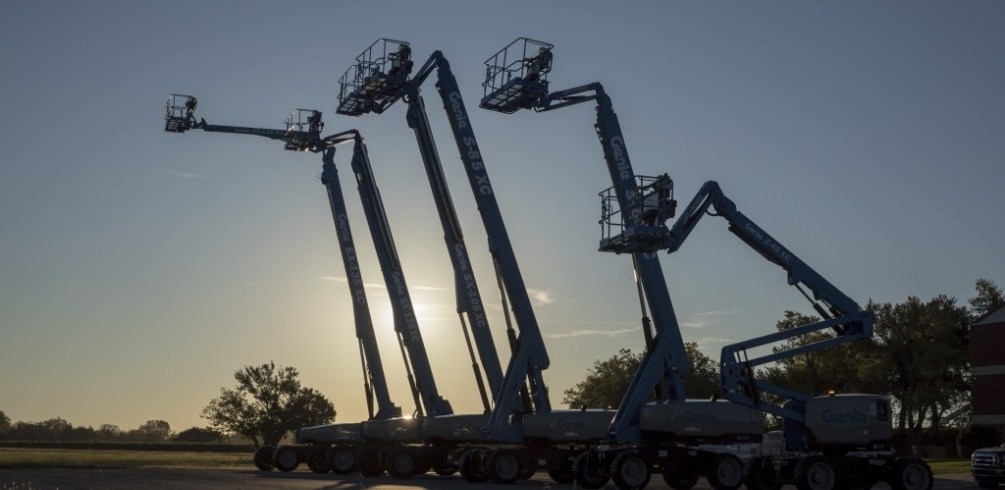MEWP Safe Use Plan: Selecting the Appropriate MEWP
by Scott Owyen - Director of Training On May 9, 2019, 03:00 AM
Subscribe To Aerial Pros
Filter by tags
Mobile elevating work platforms (MEWPs) come in a variety of designs and unique performance characteristics. Understanding what each machine’s capabilities are is essential to selecting the right MEWP for a particular project. ANSI A92.22-2018 and CSA B354.7:17 Standards require that companies employ an appropriate MEWP for the task, so it’s important for you to understand all of the different MEWP options available as you create a safe use plan.
Classifications
MEWPs are classified according to two key distinguishing descriptions:
- A MEWP group is determined by the platform’s location in reference to the tipping line
- Group A machines have a design that does not allow the main platform to extend beyond the tipping line. Scissor lifts are part of this group.
- Group B machines have platforms that are designed to extend beyond the tipping line. Articulating and telescopic booms are part of this group.
- A MEWP type is in reference to travel.
- Type 1 machines are only allowed to travel with the MEWP in its stowed position. Manually-propelled vertical lifts are part of this group.
- Type 2 machines travel with the work platform in the elevated position and controlled from a point on the chassis. Underground-bridge inspection machines are part of this group.
- Type 3 MEWP can travel in an elevated position and is controlled from a point on the work platform. Scissor lifts, as well as articulated and telescopic booms, are good examples of this group.
Answering who, what, where, how and when
 These classifications are important to know as you determine, which type you should use for a project. Using the wrong machine could result in injury or death, damage to the machine or damage to the work location. As you weigh your needs, answer the following questions.
These classifications are important to know as you determine, which type you should use for a project. Using the wrong machine could result in injury or death, damage to the machine or damage to the work location. As you weigh your needs, answer the following questions.
- Who is using the equipment and how many people will be in the platform at once? Also, have they been trained?
- What kind of work is being done, what’s being lifted and what hazards exist on the worksite?
- How will the equipment be used and at what height and reach?
- Where will the MEWP be used and what kind of environment will it be operating in?
- When will the equipment be needed and for how long?
Answering these questions will help you determine the group and type MEWP you need. Your answers can also assist in identifying an appropriate model.
Choosing a model
Each MEWP industry has specific needs which is why manufacturers like Genie offer so many different models in each of the MEWP classifications. Options range from how a MEWP is propelled to several different power options and engine types. There are also many different tire/track and steering options available depending on the category of MEWP.
As you go through the process of building the machine selection section of your Safe Use Plan, you can download the Genie Safe Use Plan Guidance document. It contains additional MEWP selection criteria as well as templates.
And, if you need any help determining which MEWP you should use for a project, give our team a call at 1-800-536-1800 or drop them an email at AWP.Training@Terex.com.
Related Posts

MEWP Safe Use Plan: Risk Assessment
The new ANSI A92.22-2018 and CSA B354.7:17 Standards should have everyone who uses mobile elevating work platforms reevaluating or creating a safe use plan.
Continue Reading

MEWP Safe Use Plan Guidance
The operation of any Mobile Elevating Work Platform (MEWP) is subject to certain hazards that can be protected against only by the exercise of intelligence, care and common sense, and not by any device.
Continue Reading

Creating a MEWP Safe Use Plan
With new the ANSI A92.22-2018 and CSA B354.7:17 Standards on everyone’s mind these days, it’s essential for business owners that employ the use of Mobile Elevating Work Platforms (MEWPs) to spend some time creating a **safe use plan** for their organization.
Continue Reading


